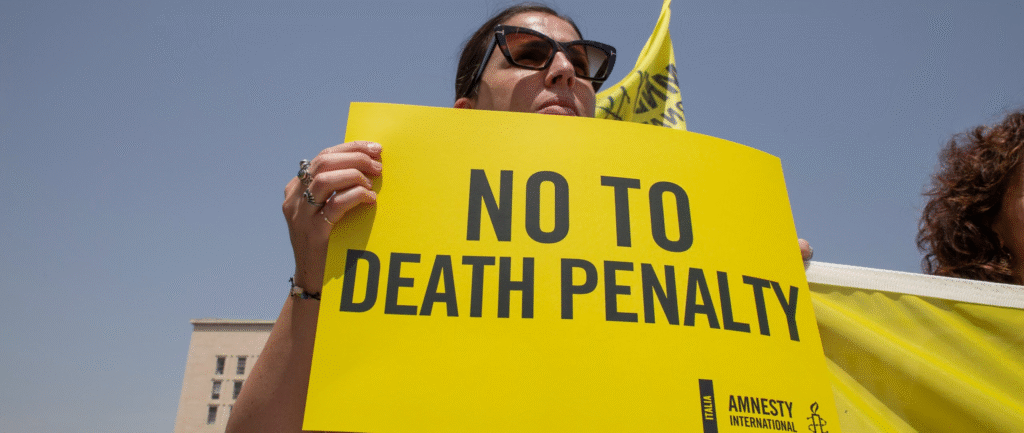
There are several, theories of punishments, right from deterrent and rertributive to reformative. Theory of eye for eye, tooth for tooth and life for life has also been prevalent from primitive age till modern age of civilization. After formation of society, civil life and concept of the kingdom or the state, laws are being made and natural phenomenon necessitated man to think about crimes, ways to check them and to inflict adequate punishments to keep peace and tranquility in the civilized society in place of ‘Rule of Jungle” or concept of ‘Might is Right’.
Amongst all the punishments, the death sentence or capital punishment is the most deterrent and horrible. It can be said to be a murder under the sanction of th law or according to procedure established by the law.
In the Indian Penal Code, murder, waging war against the Government, dacoity with murder, murder by a life imprisonment convict, etc, are punishable with death sentence. Apart from that, in the laws like POTA,NDPS etc, there are provisions for capital punishemnt.
At present there are three schools of thoughts. The abolitionists’ argument is for abolition of death sentence, the retentionsists advocate its retention. whereas the pragmatics prefer to retain it in exceptional cases. However , in Jagmohan vs. state of u.p. reported in AIR 1973 SC 947, THE abolitionists lost their battle in the year 1973. Full bench of the Supreme Court of India firmly decided that the capital punishment was a reasonable sentence in the public interest. The Hon’ble judges struch to the legal point enshrined in Art.21 of the constitution of India wherein it was provided ” no person shall be deprived of his life except according to the procedure established by law.”
Arguments and logics advanced by abolitionists:-
- In welfare States and democratic nations, the citizens have fundamental right ot live, whereas the capital punishment is against this conept. Death sentence is barbarity.
- To give life is the most difficult and the greatest work, whereas to kill the person by the authority of law is sin. To gave life and to take life are the acts of Almighty God, so the human beings should not snatch away the life in the grab of awarding the legal punishment. Murdered man cannot be brought back to his life.
- It is against the reformative theory of punishment. If the capital punishments has wrongly been imposed and executed, then there remains no via media to rectify the human errors of judges. There are some instances in which the so-called murdered deceased person represented after hanging of the innocent accused.
- Offender does not get any opportunity to improve his conduct and habits. The economic, social and psychological conditions are also responsible for the crime committed by the offender. he does not get any opportunity for repentence.
- In England, when the offender was publicly hanged a huge crowd used to gather there and at all time, pick-pocketing activities were rampant, because the crowd remained busy to see the actual hanging just like participating in a fair of festival. It shows that people are not terrified by the capital punishment.
After careful appreciation, analysis and scrutiny of the ‘ for and against’ arguments, quoted supra , we can rationally come to the conclusion that capital punishment should not to be abolished. The law Commission of India, in its 35 the report also opined that at present, India should not take risk to abolish death sentence penalty. Apart from that, our constitution also empowers the President of ndia and Governors fo the States to grant pardon in the case pertaining to death-sentence.
Now in India, law of the land is that death sentence can only be imposed in rarest of the rare cases, where actions of the criminals are so much brutal, planned, organised and beastly and the society is not inclined to take risk to give a chance to reform the criminal.
